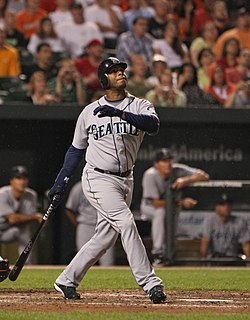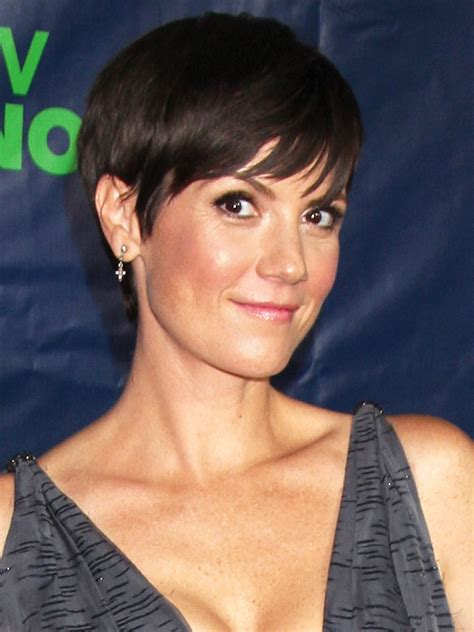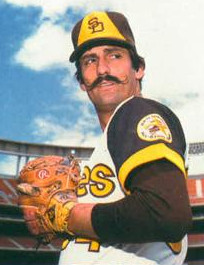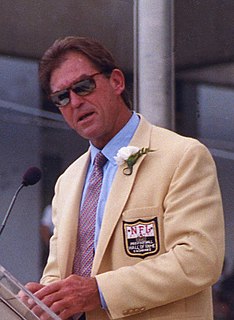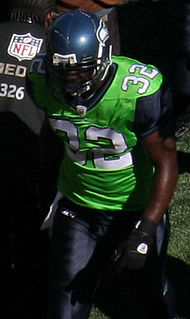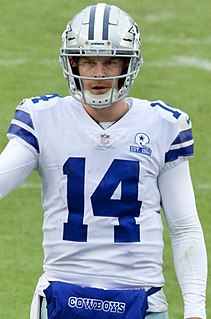A Quote by LeSean McCoy
I let my numbers speak for themselves. I really do. I mean, all of these one-cut runners, you put their numbers up against mine, they're not even close.
Related Quotes
The transfinite numbers are in a certain sense themselves new irrationalities and in fact in my opinion the best method of defining the finite irrational numbers is wholly disimilar to, and I might even say in priciple the same as, my method described above of introducing trasfinite numbers. One can say unconditionally: the transfinite numbers stand or fall with the finite irrational numbers; they are like each other in their innermost being; for the former like the latter are definite delimited forms or modifications of the actual infinite.
I really like even numbers, and I like heavily divisible numbers. Twelve is my lucky number - I just love how divisible it is. I don't like odd numbers, and I really don't like primes. When I turned 37, I put on a strong face, but I was not looking forward to 37. But 37 turned out to be a pretty amazing year.
Does Rupert like me? I think so, but it doesn't matter. When I go up to the magic room in the sky every three months, if my numbers are right, I get to live. If not, I'm killed. Our relationship isn't about love-it's about arithmetic. Survival means hitting your numbers. I've met or exceeded mine in 56 straight quarters. The reason is: I treat Rupert's money like it is mine.
We live in a digital world where all is available at the touch of a screen. Money has been simplified, changed subtly over time from tangible bills to numbers in cyberspace. Cash is no longer in a cloth bag; it's numbers on a screen. Numbers that can be manipulated and modified. If you run out of numbers, you can just buy some more, right?

